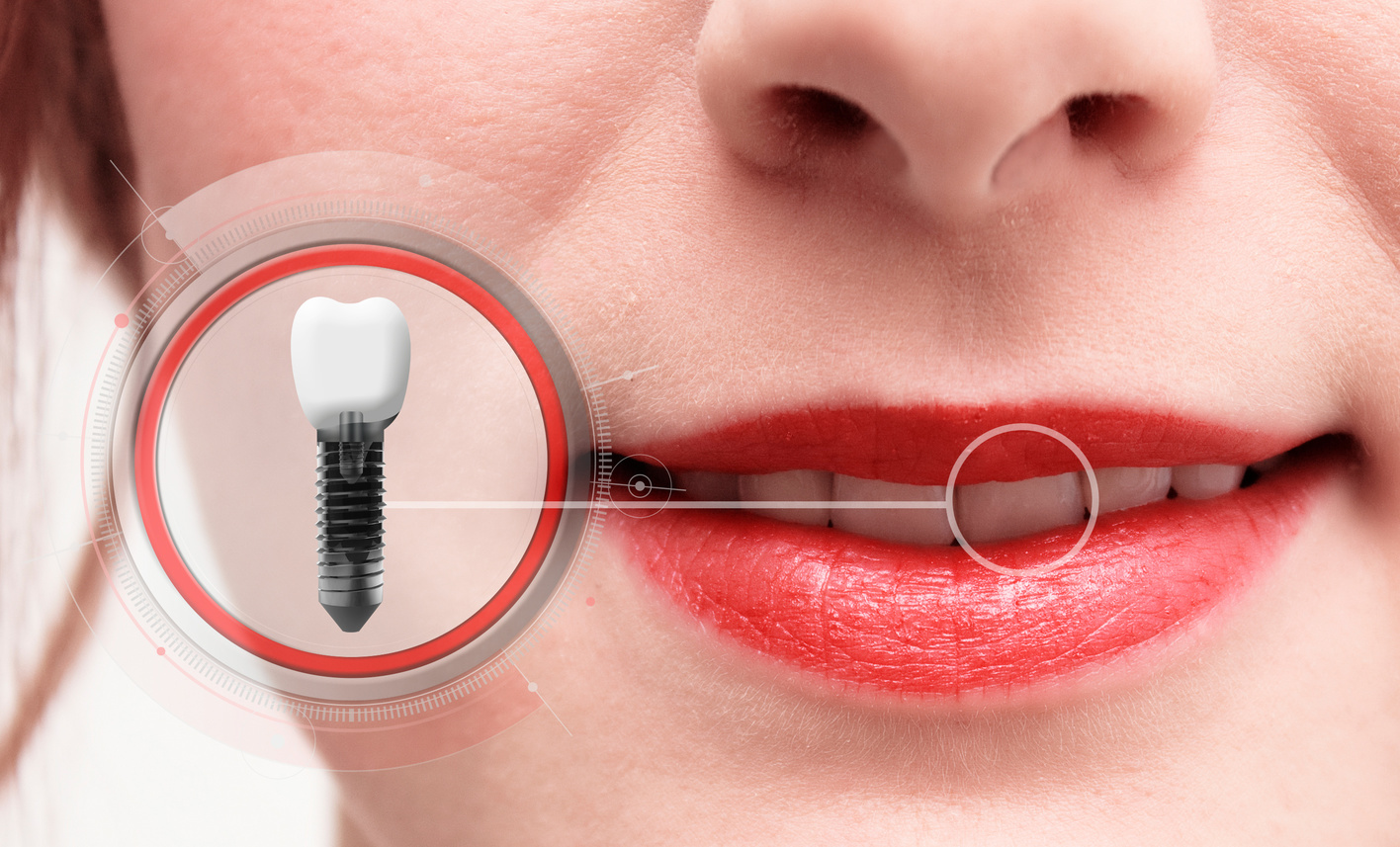In the intricate tango of everyday life, an action is often overlooked: chewing. On average, a person chews approximately 300,000 times a year. The amount of chewing increases as the teeth that chew the food are missing. The consequences of missing teeth extend far beyond mere discomfort. The consequences of missing teeth go beyond just inconvenience.
Imagine the domino impact. If you lose one tooth, your overall oral health begins to teeter. The steeper the slope the more teeth are missing. According to research, with each chew the pressure on remaining teeth increases, increasing the likelihood of a tooth cracking. This is a steep slope, which can lead to losing more than teeth – it’s an effort to lose the capacity to chew well.

It is essential to chew your food. Chewing is an essential aspect of overall health. Research has shown that missing teeth can have a negative impact on the way you eat and your nutrition. The ability to eat well is affected in the event of missing teeth and can lead to restriction on food. This has an effect on general health and nutrition.
Removable Dentures: A 10% Solution
Dentures that are removable, an option for replacing missing teeth. But here’s the problem Dentures only bring back 10% of your chewing capacity. This is an enormous shortcoming in the functionality that can cause negative effects on your health and diet. Humans, in my opinion were designed in the first place to have teeth that can be fixed into place. This is why the importance of dental implant is clear.
Replacement of missing teeth goes well beyond aesthetics. It’s a necessity. In this case dental implants are an essential element. They are not just cosmetic enhancements. They provide a stable fixed and secure solution that is a replica of natural teeth structure. This stability is essential not only to chew but also to avoid a domino-effect that could cause you to lose more teeth.
Maintaining facial support and aesthetics
Imagine the effect on your appearance of missing teeth. It’s more than a simple space in your smile. it could alter your facial structure and support. The restoration of missing teeth using dental implants does not only guarantee functionality but also helps maintain normal facial support. The holistic method considers the long-term effect on appearance and overall health.
The dental implant surgery is an essential procedure to replace missing teeth. It involves the insertion of a titanium dental implant into the jawbone, forming an enduring foundation for the replacement tooth. The procedure is not just a cosmetic fix. It’s an opportunity to reclaim chewing power and protect your oral structure. For more information, click Dental implant surgery
Select Fixed over Removable: Choosing fixed or removable is a vital choice
Fixed or removable solutions are crucial. Understanding the drawbacks and advantages of removable dentures is essential. Fixed teeth are durable that mimic natural chewing and help reduce the chance of complications caused by the dental structure being unstable.
The process of achieving dental health is closely linked to your ability to chew. A single loss of tooth can trigger an entire sequence of events that could affect the health of your mouth and overall wellbeing. Implants provide a long-lasting solid and secure solution that is more than cosmetic enhancements. Implants are a means of protecting not just aesthetics, but also the intricate harmony of oral health and function.
Conclusion: Chewing to the fixed future
The act of chewing can have many effects on our overall health and well-being. The loss of teeth can have profound effects on our overall health and wellbeing. They impact nutrition, health and facial support. Because of their capability to repair solid, stable teeth, dental implants are an option that is more than aesthetics. Implants can improve chewing capacity and safeguard the health of your mouth while also ensuring its dental structure’s longevity. When you are chewing towards the future of your teeth, take into consideration the transformative power of dental implants. They can be a step towards whole-body dental health.